Sensitive content
This site contains sensitive content that includes references to sexual violence.
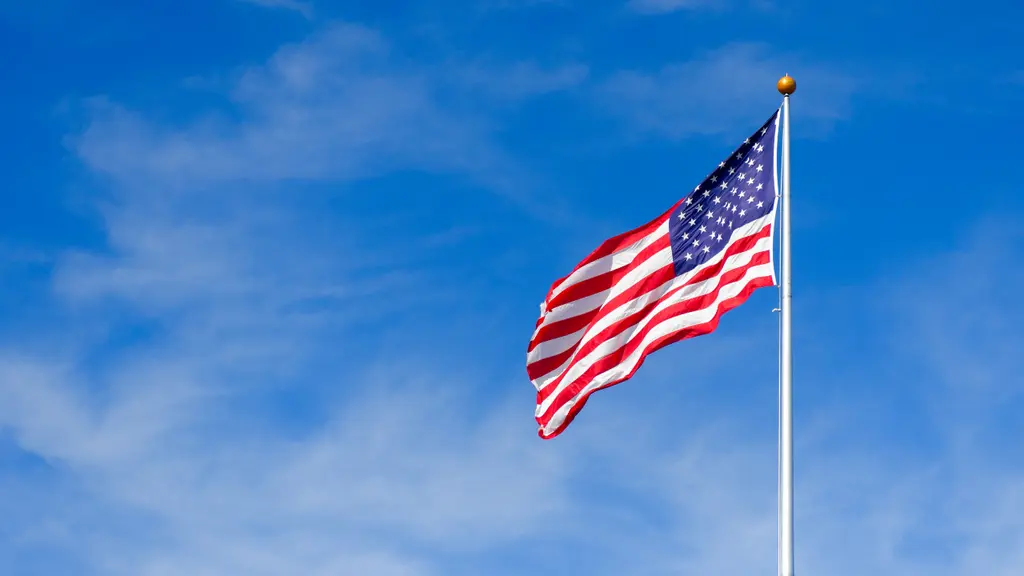
The US has made very limited progress on ending childhood sexual violence at home and around the world.
Under the Trump administration, the US has imposed drastic cuts through a decision to freeze federal aid followed by a complete shutdown of the U.S. Agency for International Development (USAID) (1). As a historically significant contributor of international aid, this withdrawal is already substantially impacting global child protection efforts.
Domestically, the US has eliminated criminal statutes of limitations at the federal level for most childhood sexual violence crimes, ensuring justice remains accessible for survivors regardless of when they are able to come forward (2).
The US has made positive progress in making the internet a safer place for young Americans, particularly through the TAKE IT DOWN Act. Now signed into law, the TAKE IT DOWN Act makes it a federal crime to intentionally post or threaten to share child sexual abuse material, including AI-generated content. The Act also mandates tech platforms to remove flagged content from their services within 48 hours of notification (3). Despite strong progress in this area, overall, existing protections remain inadequate to meet the scale of the challenge of online sexual abuse. According to IWF data, 41,502 URLs displaying childhood sexual violence imagery were hosted in the US in 2023 (4). As the home to numerous tech companies and social media platforms, the US has a unique and critical leadership role in regulating the tech sector and ensuring safe online environments for children globally.
The US has not yet established a National Survivors Council, though there has been positive leadership, particularly from the First Lady, in centering survivors’ perspectives (5), The US has previously established an Advisory Council on Human Trafficking, which comprises 13 survivor leaders (6).
The US does not have a comprehensive National Action Plan to address childhood sexual violence which adequately addresses prevention, healing and justice (7).
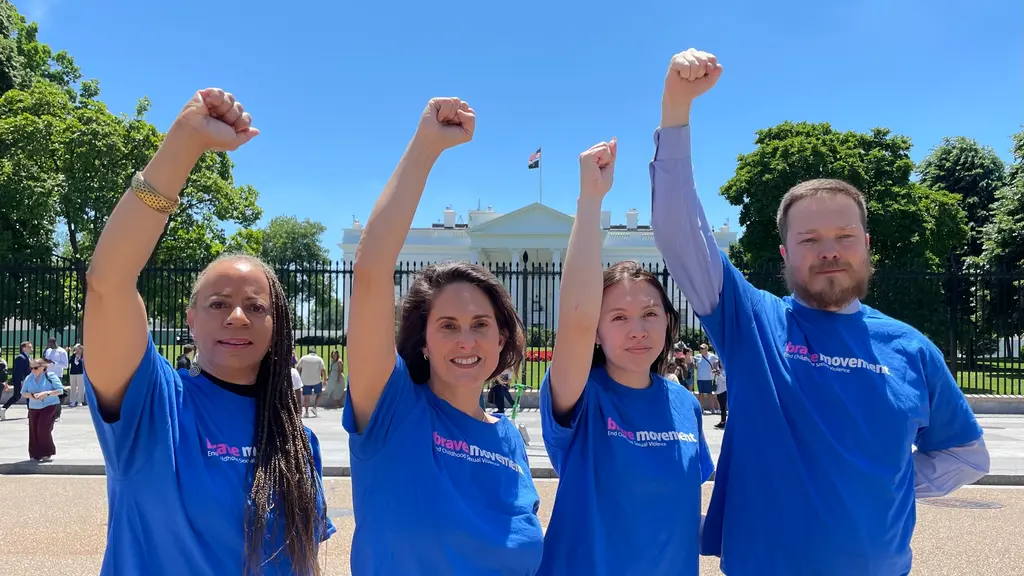

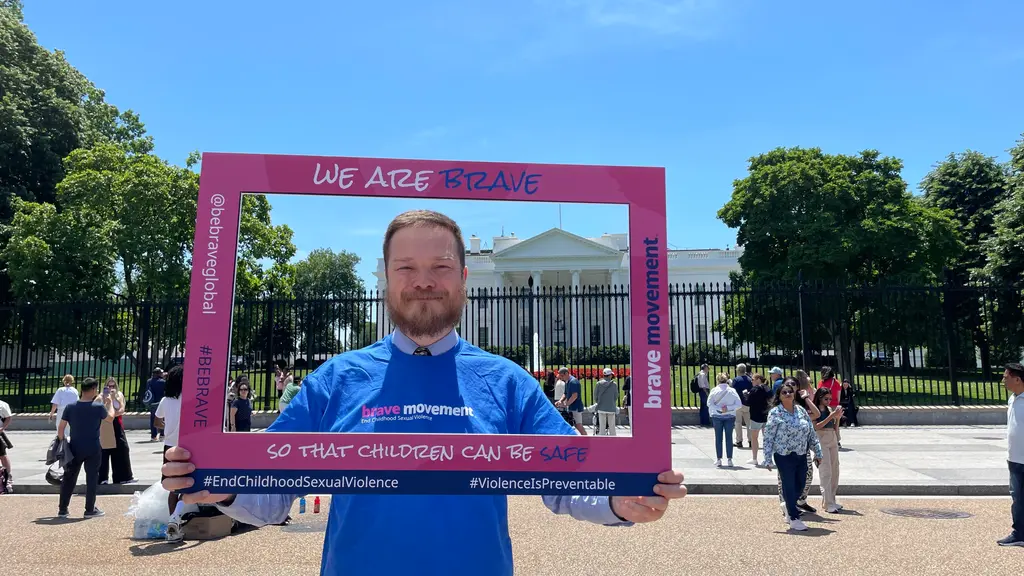
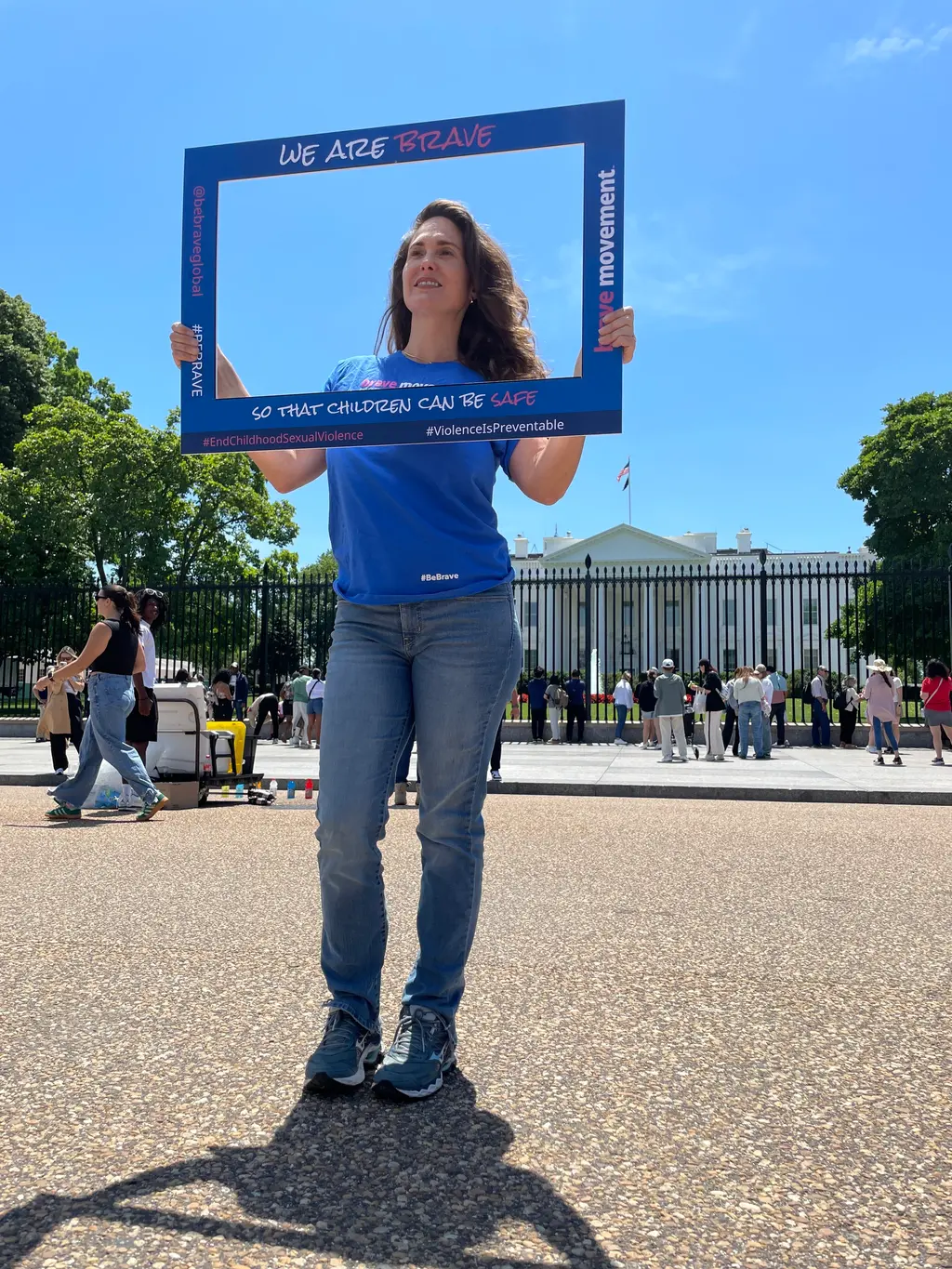
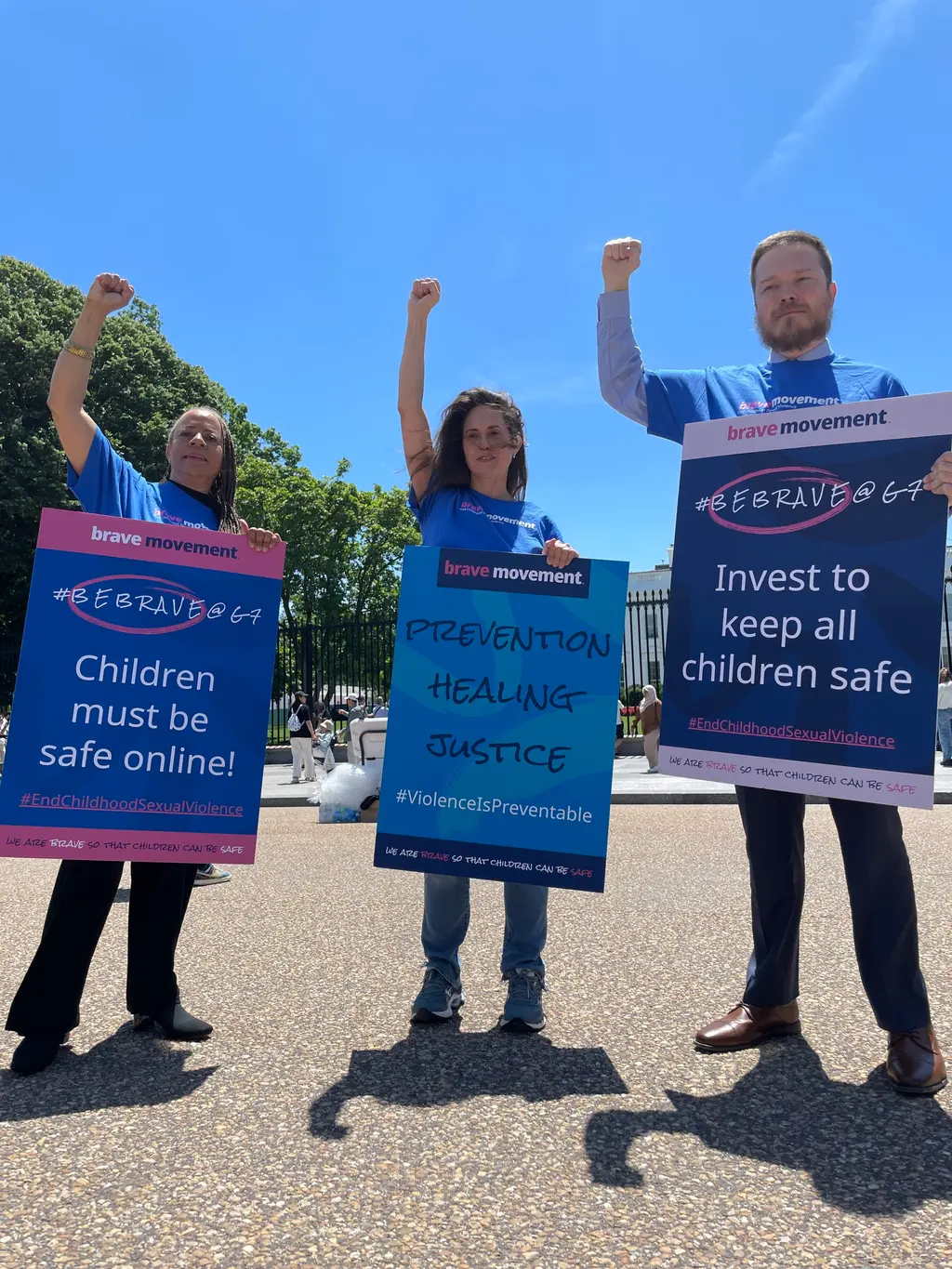
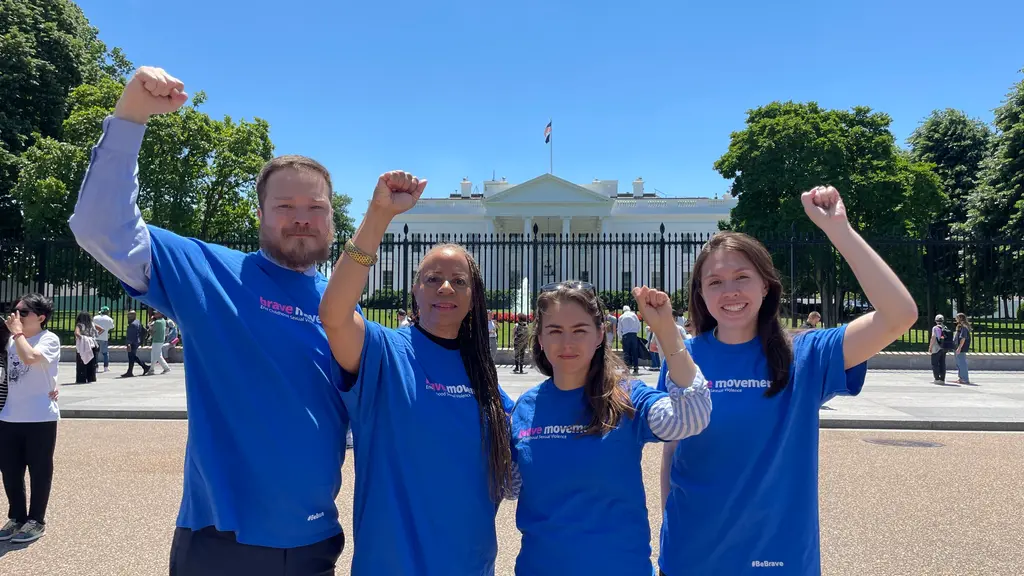
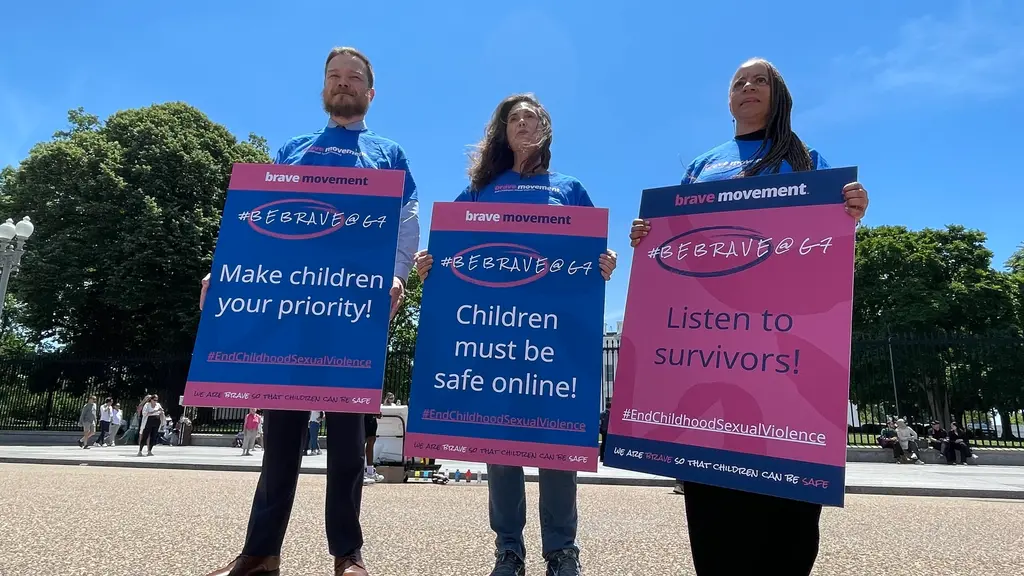
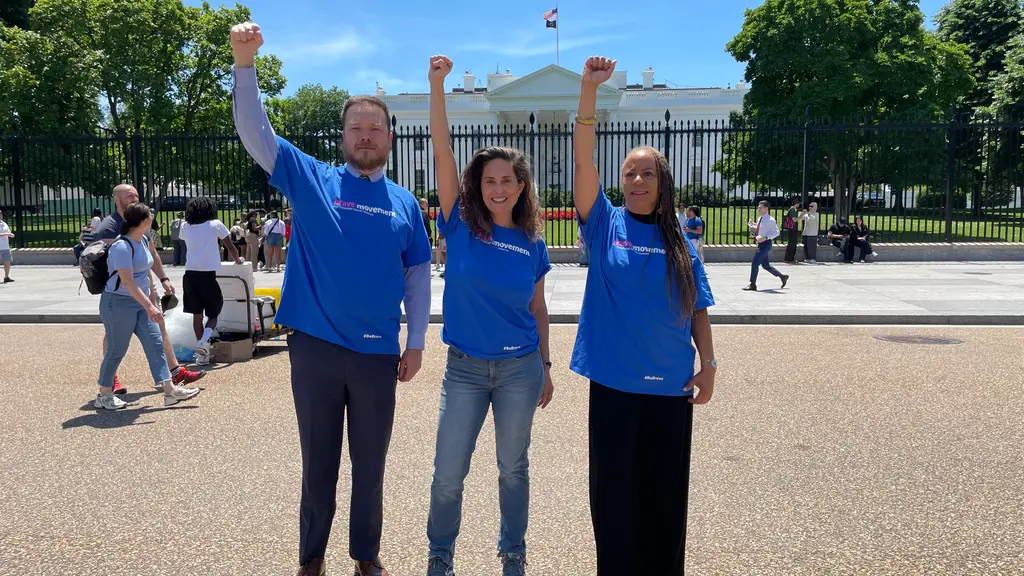
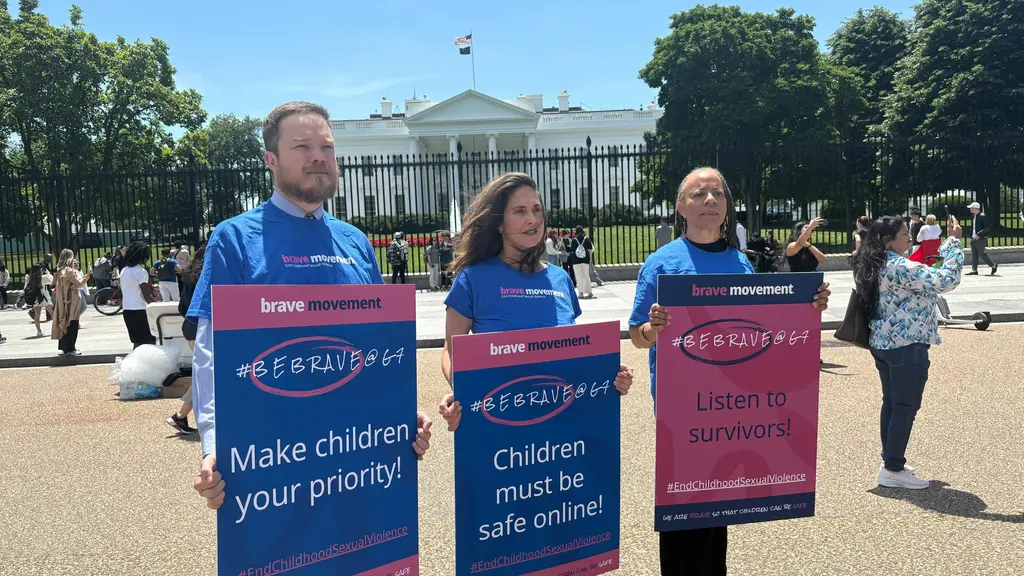

Despite making up a large portion of the global population, data collected by First Focus shows that only around $0.09 out of every dollar of the U.S. foreign assistance budget is allocated towards children. Concerningly, children represent significantly less than 10% of foreign assistance funding and 1% of the total federal budget.
September 24, 2024
|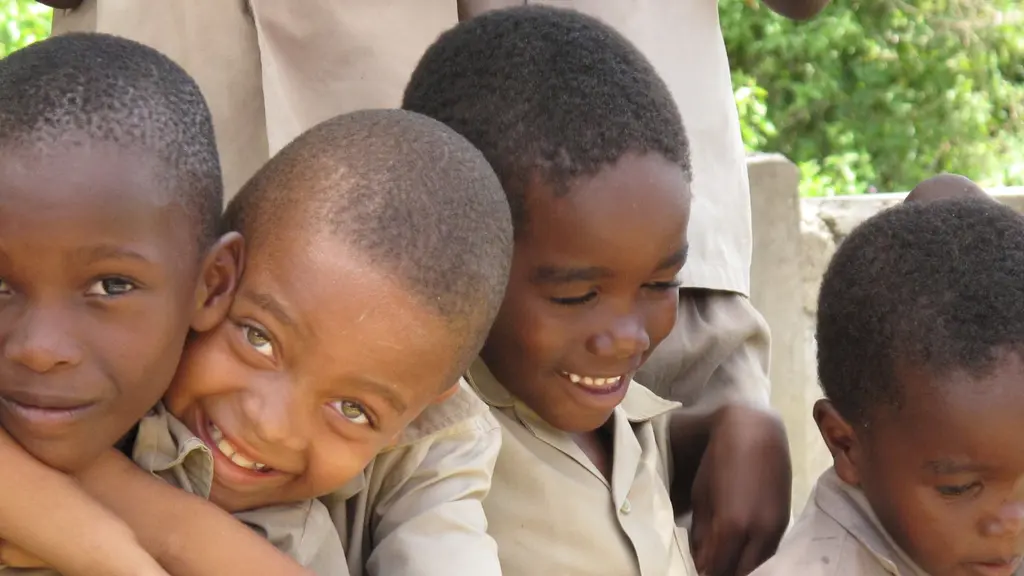
As a survivor, I speak with the weight of lived experience. As an advocate, I speak for the countless children whose voices are still silenced
June 5, 2025
|
It specifically targets the distribution and threats of sharing non-consensual intimate images - including AI-generated content - as a federal crime, protecting survivors from further harm and ensuring that there are no loopholes for perpetrators based on location. Over 300 million children under the age of 18 have been affected by online child and sexual exploitation and abuse in the last 12 months. As the home to many of the world’s leading tech companies, the United States holds a unique position of responsibility and influence in shaping online child protection standards. The TAKE IT DOWN Act criminalizes the act of intentionally publishing or threatening to publish non-consensual intimate images, including AI-generated content, on online platforms. Violence, which might start in an online sphere, negatively impacts children in the physical world, such as bullying in school or acts of sexual violence physically perpetrated offline. Alarmingly, 1 in 8 children globally have been subjected to online solicitation, and 1 in 8 children have experienced taking, sharing, and or/exposure to sexual images and videos in the last 12 months. Online sexual violence can have serious emotional, health, and psychosocial impacts on children and youth, including into adulthood. I was a victim of technology-assisted child sexual abuse when I was 13 … It's been 21 years since my abuse, and I still live in fear of those images.
April 28, 2025
|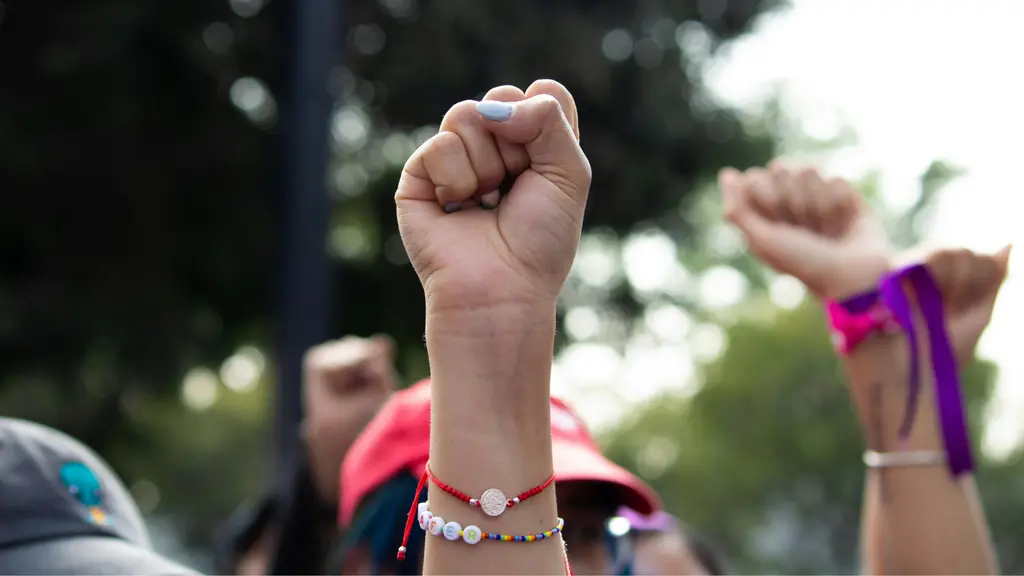
Three countries, three big wins in the last seven days in the fight to end violence against children.
May 20, 2025
|
